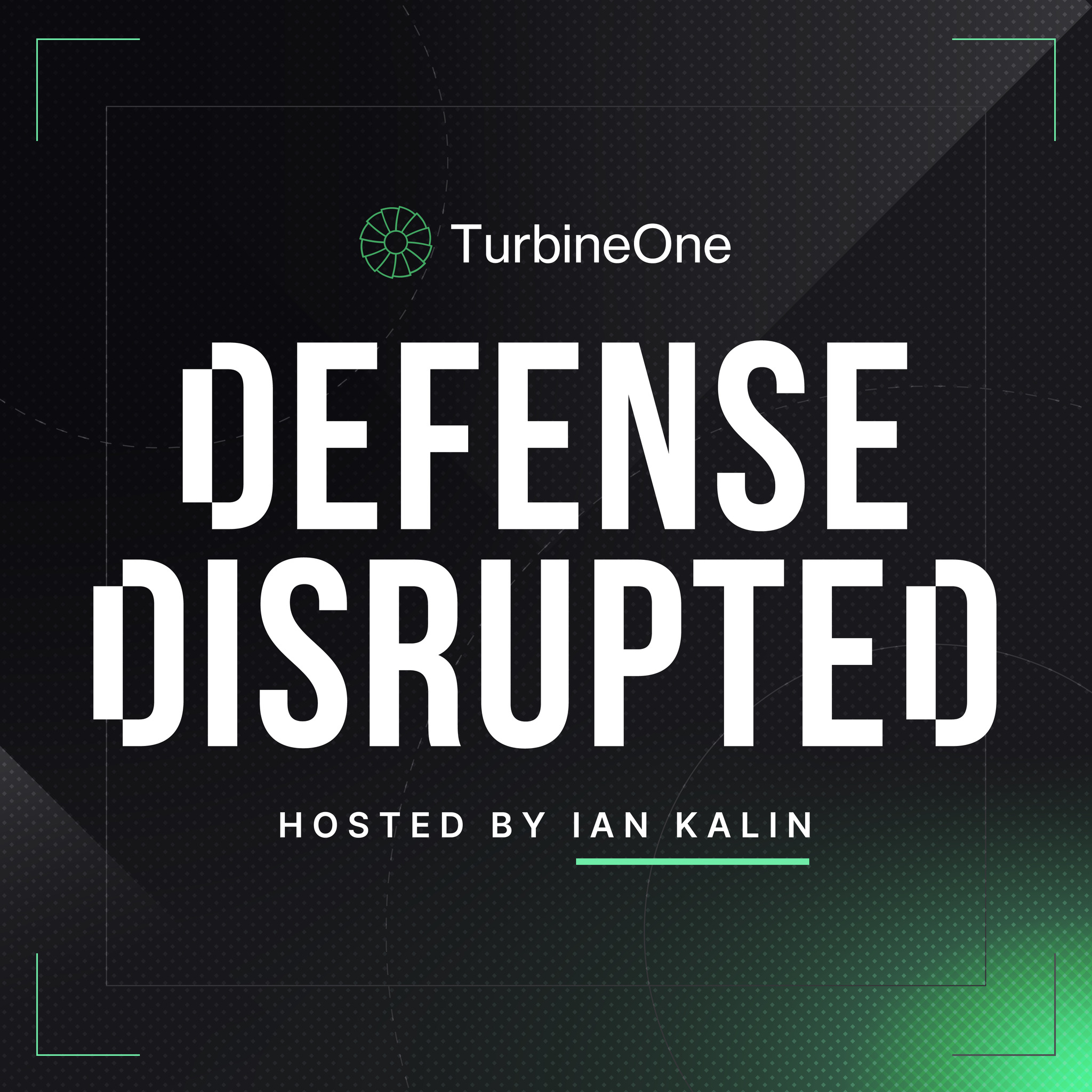Defense Disrupted

Defense Disrupted
Podcast Description
Welcome to Defense Disrupted, a podcast exploring how technology is transforming the future of defense operations. As the CEO of TurbineOne, I’m excited to bring together defense leaders, innovators, and practitioners who are leveraging cutting-edge solutions on the frontlines.
Through conversations with military professionals, technology experts, and implementation specialists, we’ll explore practical insights about deploying machine learning at the edge, emerging trends in field operations, and success stories from those accelerating threat recognition.
Thank you for joining us as we explore the intersection of technology and national security!
Podcast Insights
Content Themes
The podcast focuses on themes such as technology integration in military operations, artificial intelligence, and battlefield innovations. Specific topics explored include deploying machine learning for tactical advantage, cultural barriers to innovation within military structures, and the evolution of operational strategies against peer competitors. Episodes delve into case studies like AI-assisted battlefield decision making and contrasting experiences of veterans in intelligence operations.

Welcome to Defense Disrupted, a podcast exploring how technology is transforming the future of defense operations. As the CEO of TurbineOne, I’m excited to bring together defense leaders, innovators, and practitioners who are leveraging cutting-edge solutions on the frontlines.
Through conversations with military professionals, technology experts, and implementation specialists, we’ll explore practical insights about deploying machine learning at the edge, emerging trends in field operations, and success stories from those accelerating threat recognition.
Thank you for joining us as we explore the intersection of technology and national security!
SOCOM’s acquisition speed advantage isn’t about special authorities — they follow identical DOW policies as every one else. The difference is structural proximity and leadership empowerment. Brandi Evans, Director of SOCOM Enterprise at TurbineOne, also operates under a simple principle: there’s nothing a PM can decide that can’t be fixed within 48 hours. This calculated risk framework, paired with direct PEO access, enables the velocity SOCOM is known for.
Brandi was also among the second programs to transition under the software acquisition pathway, managing intelligence tools for all-source analysts while the government struggled to adopt commercial practices like PI planning and sprinting, putting them at least a decade behind industry. Her most pointed critique targets the requirements process itself: validation cycles stretching over a year demanding perfect documentation before programs start, when the real need is treating more capabilities as urgent operational requirements and moving to a project-based model rather than traditional programs of record.
Topics Discussed:
- Clarifying SOCOM acquisition speed stems from structural proximity and leadership empowerment rather than special authorities
- Implementing a decision framework where program managers receive authority knowing leaders can reverse any decision within two days
- Adopting commercial software practices like PI planning and sprinting while the government remained behind industry standards
- Managing intelligence tools for all-source analysts through SOF Digital Applications requiring perpetual iteration rather than traditional completion milestones
- Utilizing OTAs and commercial solutions through innovation hubs to avoid lengthy source selection boards
- Reforming requirements validation processes that demand year-long perfect documentation before allowing programs to start
- Leveraging field demonstrations and user feedback from trained operators to distinguish effective technology from vendor claims

Disclaimer
This podcast’s information is provided for general reference and was obtained from publicly accessible sources. The Podcast Collaborative neither produces nor verifies the content, accuracy, or suitability of this podcast. Views and opinions belong solely to the podcast creators and guests.
For a complete disclaimer, please see our Full Disclaimer on the archive page. The Podcast Collaborative bears no responsibility for the podcast’s themes, language, or overall content. Listener discretion is advised. Read our Terms of Use and Privacy Policy for more details.